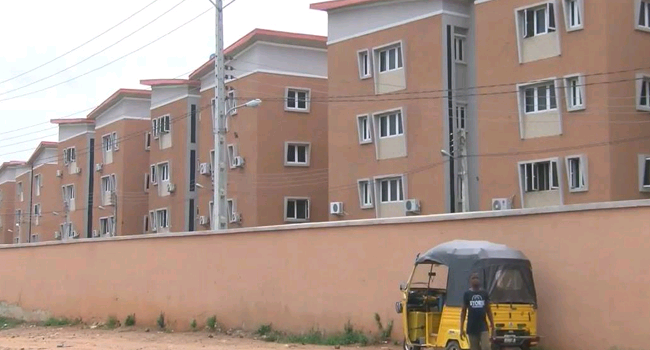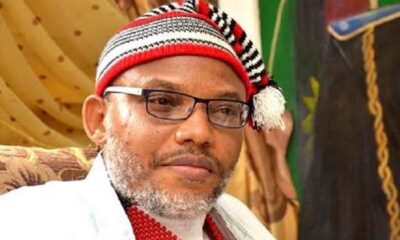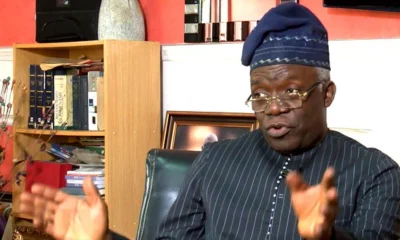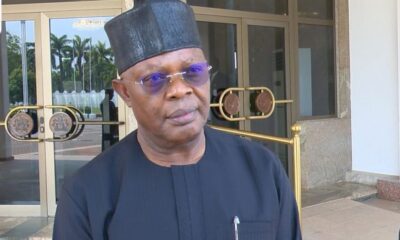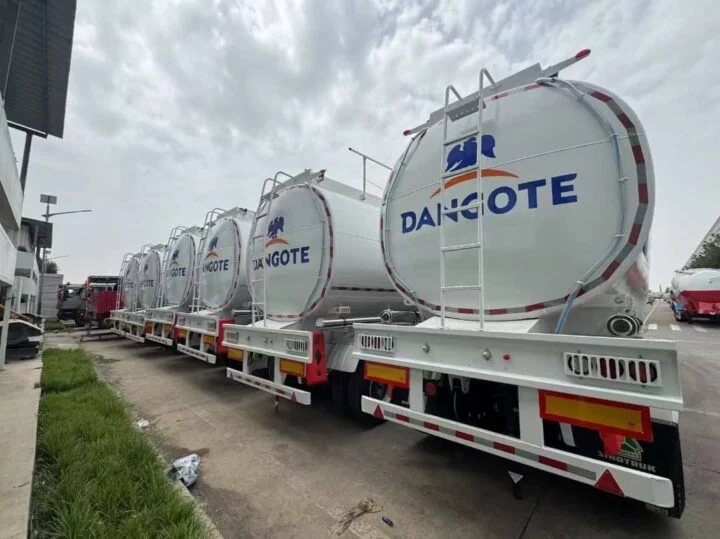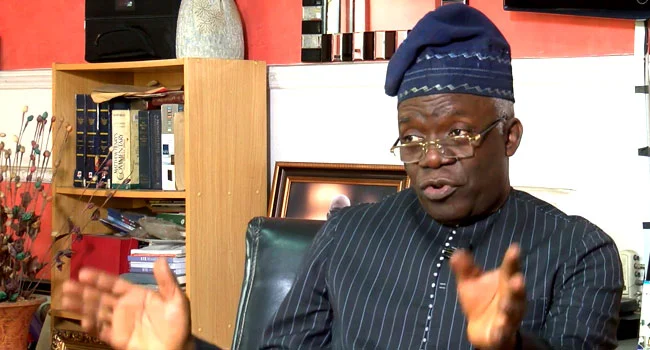Amid a significant increase in rental costs that have made housing unaffordable for numerous Lagos residents, the Lagos State Government is urging tenants to report instances where tenancy agreement fees exceed the legally mandated 10 percent. This move aims to protect tenants from exorbitant charges in the Lagos property market.
The Lagos State Government has once more cautioned against the collection of tenancy agreement fees beyond the stipulated 10 per cent and has asked residents to report such abnormality to the authorities. This reiteration of the law underscores the government’s commitment to regulating tenancy fees in Lagos State.
At the 2025 Ministerial Press Briefing held at the Bagauda Kaltho Press Centre in Alausa, Ikeja, the Special Adviser to the Governor of Lagos State on Housing, Barakat Odunuga-Bakare, warned against violation of the state’s tenancy law, which caps tenancy agreement fees at 10 per cent. This official statement during a press briefing highlights the seriousness with which the Lagos government views this issue.
“We have been overwhelmed by reports of the activities of these unscrupulous elements making life hard for Lagosians with agreements and commissions that are like asking for an arm and a leg,” Odunuga-Bakare said in a statement issued by the Lagos State Government. This quote emphasizes the government’s concern about illegal practices affecting Lagos tenants.
“We are calling on members of the public not to keep silent but to report such agents and landlords to us, for the government cannot be everywhere, every time.” This direct appeal to Lagos residents encourages them to actively participate in ensuring compliance with the tenancy law by reporting violations.
She reiterated the restated the Lagos State Government’s stance against the imposition of excessive tenancy agreement fees, reminding all stakeholders within the state that the stipulated maximum remains 10% of the annual rent. This reinforces the legal limit on tenancy agreement fees in Lagos State for all involved parties.
While the growing population in Lagos is a factor in the housing challenge, the special adviser said stakeholders and the government have met to address the situation. This acknowledges the broader context of housing issues in Lagos and the collaborative efforts to find solutions.
“We have met with associations of real estate agents, and they have assured us that the people who are engaging in such practices are not registered agents that identify with their associations,” Odunuga-Bakare said, suggesting that these illegal activities are often perpetrated by unregistered individuals operating outside the purview of established professional bodies.” This statement indicates that recognized real estate associations in Lagos are not condoning the overcharging of tenancy fees.
Earlier, the Lagos Commissioner for Housing, Moruf Akinderu-Fatai, said the state is mulling monthly and quarterly rent options for residents of the state. This potential policy change aims to alleviate the burden of annual rent payments for Lagos residents.
Akinderu-Fatai said many Lagos State residents are battling to pay annual rents. He believes monthly and quarterly rent payments would provide relief to them. This highlights the financial strain faced by many tenants in Lagos due to the current rental payment structure.
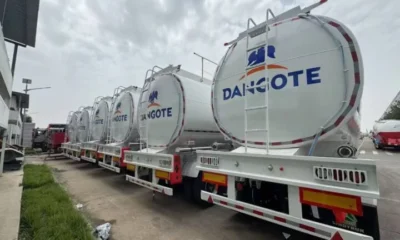
 BIG STORY3 days ago
BIG STORY3 days ago
 BIG STORY4 days ago
BIG STORY4 days ago
 BIG STORY3 days ago
BIG STORY3 days ago
 BIG STORY8 hours ago
BIG STORY8 hours ago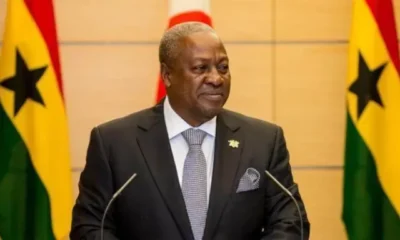
 BIG STORY4 days ago
BIG STORY4 days ago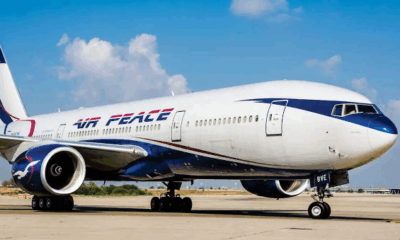
 BIG STORY3 days ago
BIG STORY3 days ago
 BIG STORY4 days ago
BIG STORY4 days ago
 BIG STORY3 days ago
BIG STORY3 days ago




